T4K3.news
Israel faces legal duties as Gaza City operation unfolds
Legal experts weigh how an assault on Gaza City's population shifts responsibilities under international law.

Legal experts weigh how an assault on Gaza City's population shifts responsibilities under international law.
Israel faces legal duties as Gaza City operation unfolds
Israel's government and the IDF are moving forward with plans to take control of Gaza City, calling up 60,000 reservists to support a new offensive. The operation, named Gideon's Chariots B, aims to evacuate about one million residents from Gaza City to areas south of the Netzarim Corridor. The cabinet says the move is about taking control to protect civilians, not occupying the territory, but legal experts say the plan could still create an occupation if Israel exercises effective control over large parts of Gaza. Some lawyers note that control of Gaza's entry and exit points might count as occupation even if Hamas remains in local governance in some areas. Others argue that recent Israeli practice has blurred the line, making it unclear whether Israel can avoid responsibility for civilian needs under international law. The Geneva Conventions require occupying powers to meet basic needs of civilians in territory under control, while customary law and some interpretations push for broader duties. The UN and aid groups warn that moving a million people could worsen a humanitarian crisis if aid cannot reach them, even as Israel says it will provide tents and other aid. International observers watch how this plan is framed legally as the operation unfolds.
Key Takeaways
"Claiming that one can take over territory without occupying it is nonsense."
Lieblich on cabinet language about occupation
"There is an obligation to facilitate aid if you move Gazans to places without it."
Shamir Borer on humanitarian duties
"The only expected result will be a desire for Gazans to emigrate outside the Strip."
Smotrich on potential emigration outcome
"This would make Israel responsible for the needs of the entire territory."
Lieblich on broad occupation duties
Legal labels matter, but so do real world effects. If Israel is judged to have effective control over Gaza City and large parts of the Strip, its obligation to protect civilians rises quickly. The government appears to prefer language that avoids the word occupation, but law can see through words to actions. The risk is not only a courtroom fight; it is potential harm to civilians and a flare of international backlash that could shape future aid and diplomacy.
If the plan proceeds, it could set a precedent for how states handle mass displacement in wartime, testing both international law and political will. The debate shows a larger tension: security goals often clash with humanitarian duties, and the world will watch how this balance is managed in days and weeks ahead."
Highlights
- Claiming that one can take over territory without occupying it is nonsense
- There is an obligation to facilitate aid if you move Gazans to places without it
- The only expected result will be a desire for Gazans to emigrate outside the Strip
- This would make Israel responsible for the needs of the entire territory
Legal and humanitarian risk of Gaza City operation
Mass displacement and potential occupation status raise serious risks of humanitarian law violations and political backlash. The plan could trigger international scrutiny and legal challenges.
The legality of this plan may hinge on how quickly the affected civilians regain protection and aid in a volatile region.
Enjoyed this? Let your friends know!
Related News
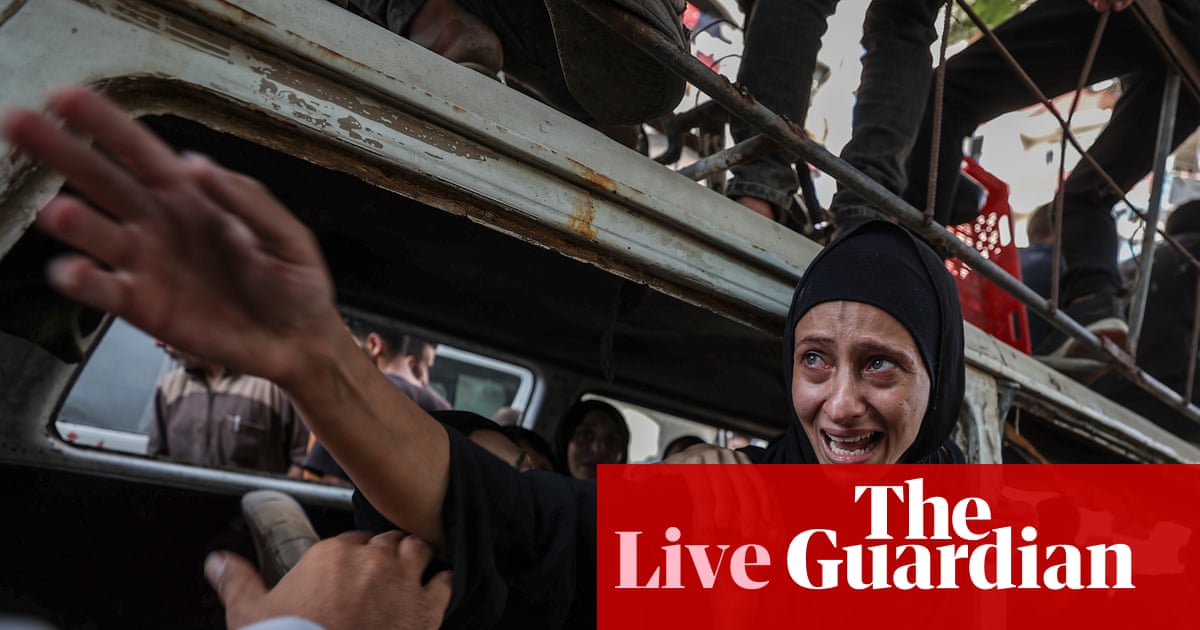
UN warns of dire hunger crisis in Gaza
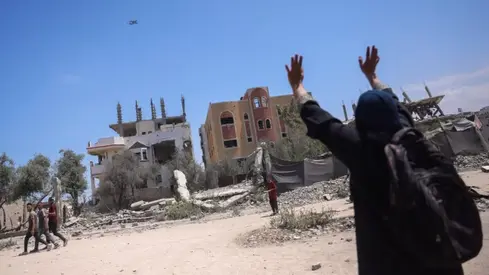
Netanyahu to unveil plans for full occupation of Gaza
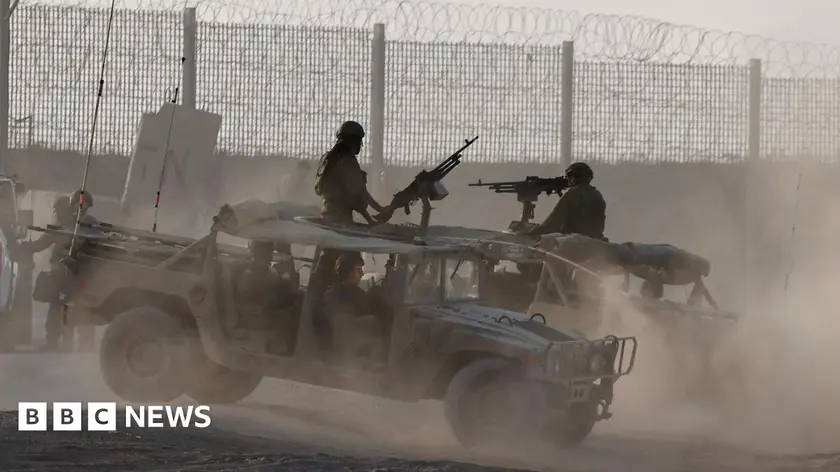
Gaza City faces growing humanitarian crisis

Reservists mobilized for Gaza City operation
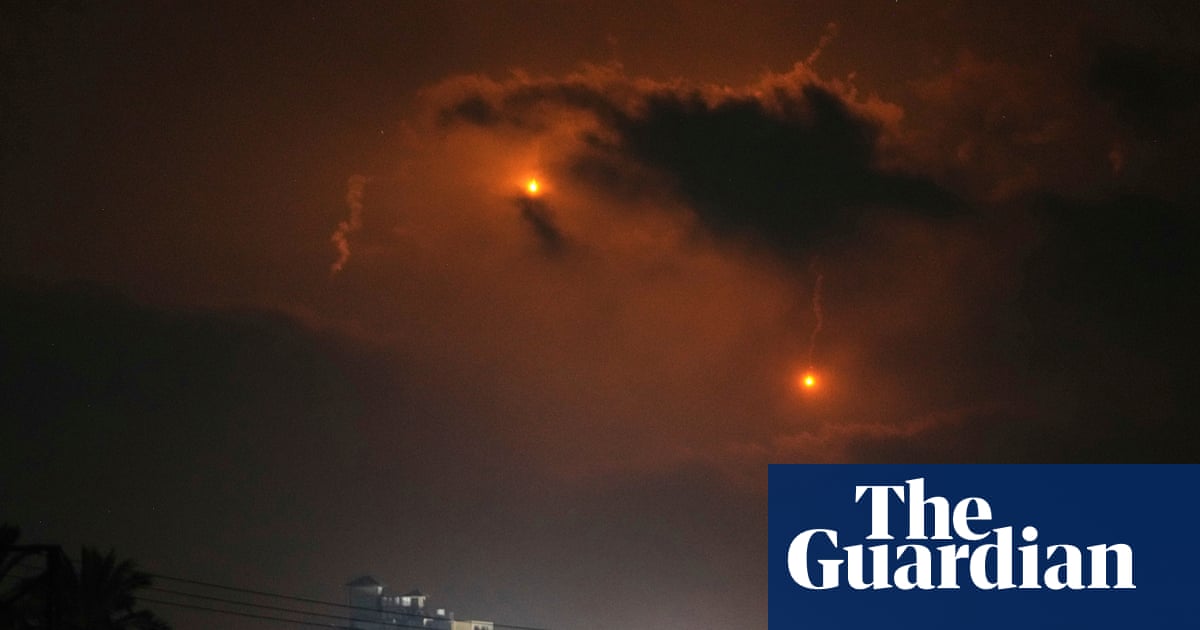
Israel bombed WHO facilities in Gaza
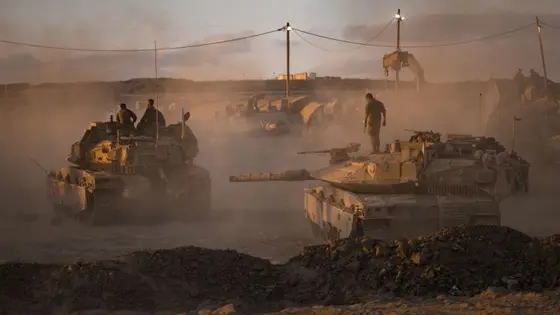
Gaza City offensive moves forward
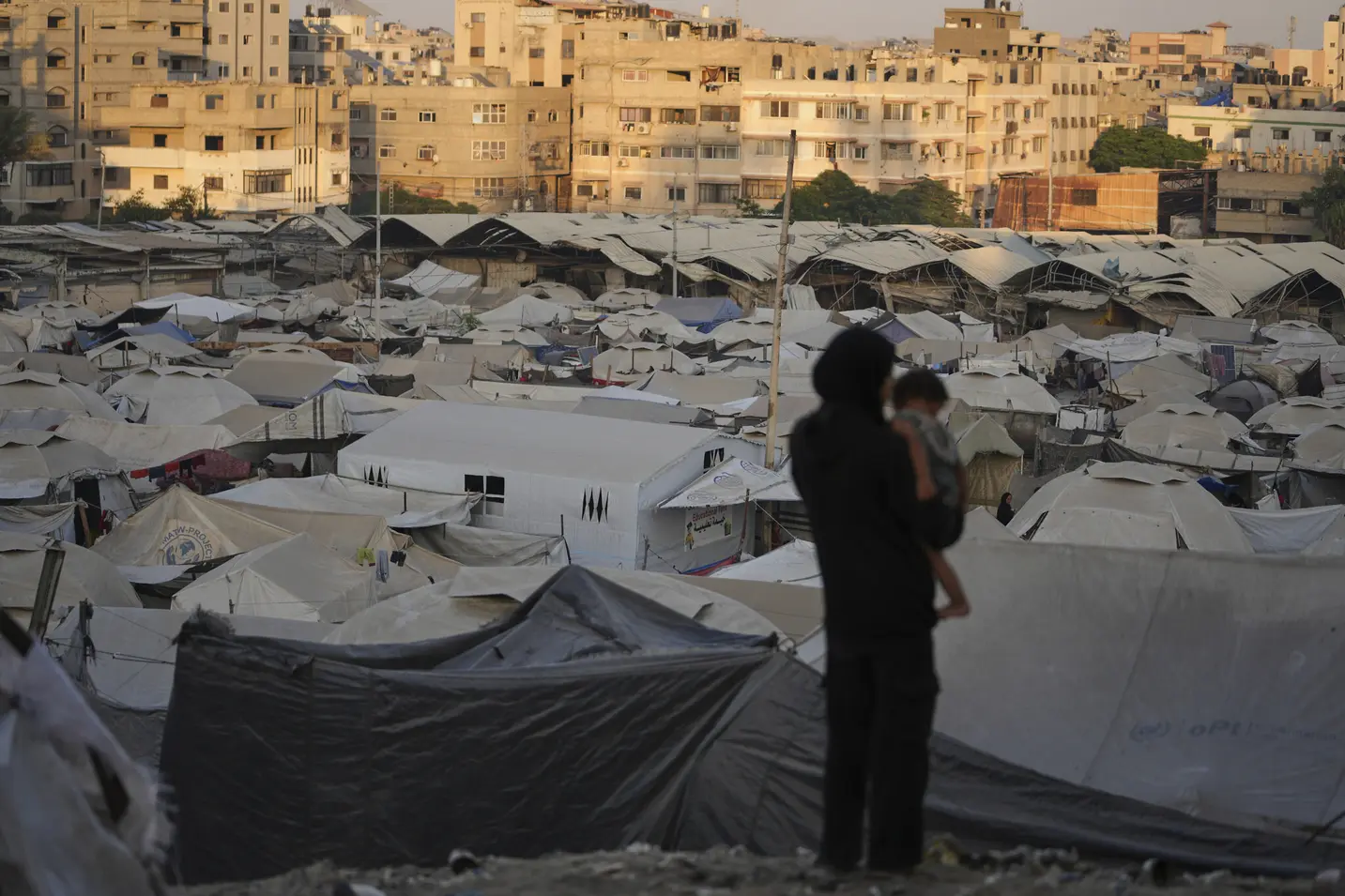
IDF warns of risks in Gaza City military operation

Disturbing images reveal child malnutrition crisis in Gaza
